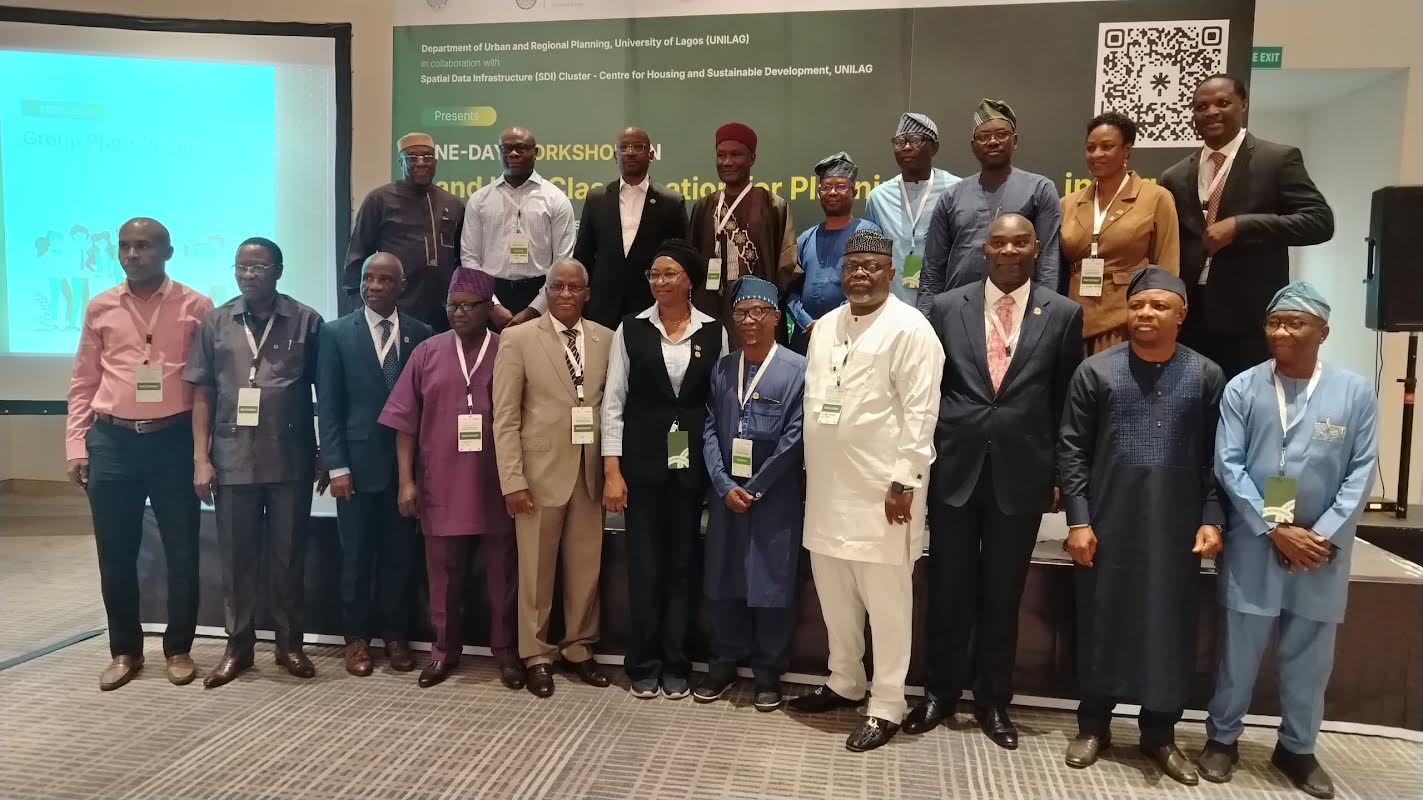
Like many parts of the world, the construction industry in Nigeria is faced with the challenge of costly building materials, usually associated with inflation, an inappropriate supply chain, and increased demand. This plight has paused and disoriented most developers in their building projects, forcing them to seek alternative solutions to have operations continue. This challenge has led to numerous strategies and insights from construction professionals; however, one voice has been highly vocal about the issue – Oluwabusuyi Fakanlu.
Fakanlu is the founder and CEO of Comfort Architectural Finishing Limited, spanning several years of experience in the construction and real estate industry. Remarkably, Fakanlu has been advocating for strategies that can be adopted to reduce construction costs without downplaying quality, noting that without any effort to minimize the cost, there’ll be more unaffordable houses, contributing to the national housing deficit issue.
Construction experts narrowed down the cause of high-cost building materials to economic instability, currency fluctuations, inflation, and a high transport rate. Building materials like cement, steel, aluminium, and rod are incessantly high in prices, posing difficulties for developers to obtain, as they often cut widely from proposed budgets.
Because of this issue, Fakanlu, during a recent interview, spoke on the challenges brought by the cost of building materials. “Building materials haven’t been this hard to obtain; in two years the prices have doubled,” he notes. “It’s a disturbing concern because developers are left with no choice but to proceed with their projects amidst the high cost, which in turn affects the affordability rate of houses.”
In a real sense, the country’s economy faces the brunt of this because the cost of infrastructural development and buildings only gets to triple in price, affecting the growing population who are already battling with unaffordable houses. Fakanlu notes that the housing deficit cannot be resolved if building materials are still fixed in the maze, hence calling for a dire redirection of the case.
During the interview, Fakanlu, however, suggested a few strategies developers can adopt to tailor their building materials in ways that completed buildings can be affordable. He notes that “it’s time to get creative, utilizing building materials that are not just affordable but also sustainable.”
Fakanlu’s clear goal in this regard is to minimize the over-reliance on imported building materials. He is focused on identifying strategies that enable developers to explore local and eco-friendly alternatives through a systematic remodelling process.
Nigeria is home to abundant natural resources that can be easily harnessed and processed for construction. Elements like laterite, clay, and limestone can be used for construction in the proper direction.
“These elements are available at our beck and call; if they can be utilized, we can cut cost and also support the local industries whose line of service entails the rearing of these products,” Fakanlu noted. “Laterite is a soil material that has been used for projects long ago; if this can be paired with cement, strong and durable bricks for buildings can be achieved.” This simply implies that in place of imported bricks, laterite can be used, which points to reducing construction costs.
Fakanlu also suggested the use of recycled and reused building materials, especially when there’s a lot of waste during the process of construction. He advocates that these waste products should be repurposed, particularly from concrete, wood, and metal. Fakanlu cited that he used recycled products in some of his projects, and they still served as much quality as the whole product would. When old concrete is crushed into bits, developers can produce materials out of it that could function in structures at a lower cost. Recycled concrete is great and has recently replaced aggregates in the production of new concrete.
The use of bamboo and other eco-friendly materials is another angle Fakanlu urged developers to explore. He asserted that bamboo is a renewable resource, especially since it’s lightweight and strong. These qualities are ideal for construction and, hence, should be encouraged in use.
“Bamboo can easily replace the import of timber and steel, as it provides almost the same sturdy and durable nature,” Fakanlu explained.
Alongside this is the use of compressed earth blocks (CEBs), which ultimately serve as an alternative to conventional bricks. CEBs are a combination of soil, cement, and lime; a mixture of these is further compressed into blocks. These blocks have been proven to be strong, energy-efficient, and environmentally friendly. “CEBs are good alternatives for bricks; not only do they live up to structural expectations, but they are also healthy for the environment because no chemical or gas is involved,” Fakanlu noted.
The adoption of prefabricated building materials is another strategy Fakanlu has embraced, and he encouraged other developers to do the same, assuring them of achieving maximal results. Prefabrication involves the production of building materials off-site or in a controlled environment, which are later moved to the construction site upon completion. Fakanlu hinted that this method allows for speedy construction and saves costs.
“Prefabricated materials have been helpful, as you can easily split the construction timeline in half, saving both financial and labour costs,” he explained. “Prefabrication also helps in the management of materials, ensuring less waste and high-quality control.”
The essence of having regulated prices for building materials is tied to the creation of affordable housing schemes, reducing the burdens of many who are left with poor or no accommodation at all. Fakanlu made it clear that his projects are, however, not only based on affordability but also sustainability. He believes that construction shouldn’t only be cost-effective but also balanced with environmental responsibility.
“Being conscious of the environment we live in as developers matters a lot, as most of these materials contribute to the rise of climate change, which will, in turn, harm us in many adverse ways,” Oluwabusuyi Fakanlu highlighted. He urges developers to commit to reducing waste and regulating the energy levels of building materials, mostly by using renewable materials. “Be mindful of carbon emission materials and employ more carbon-neutral materials for a lower environmental footprint, because at the end of the day, we not only reduce operational cost but also contribute towards making the planet safe.”
Fakanlu admonishes developers always to stay ahead of construction challenges. Regarding adopting cost-effective building materials, he advised that developers should always educate themselves and keep up with trends in construction methods. This commitment would improve creativity and foster even better ideas. Developers who are stuck to traditional construction routines are either unaware of recent sustainable-driven trends or are just in doubt, which is bad for the industry. This is why Fakanlu promises to set up training and enlightenment forums for architects, builders, and contractors, particularly on the orientation of sustainable industry practices amidst economic hardship. “When you are uninformed, you’re deformed. Education is key, and this needs to spread so people can see the possibility of these materials in terms of high quality and durability.”
As Nigeria continues the tussle with economic triggers, the cost of building materials keeps rising, and this has called for the need to adopt alternative building strategies. Oluwabusuyi Fakanlu’s insights on this issue offered a clear direction, as it’s well-grounded with the use of local resources, promoting sustainability and cost-efficiency.






